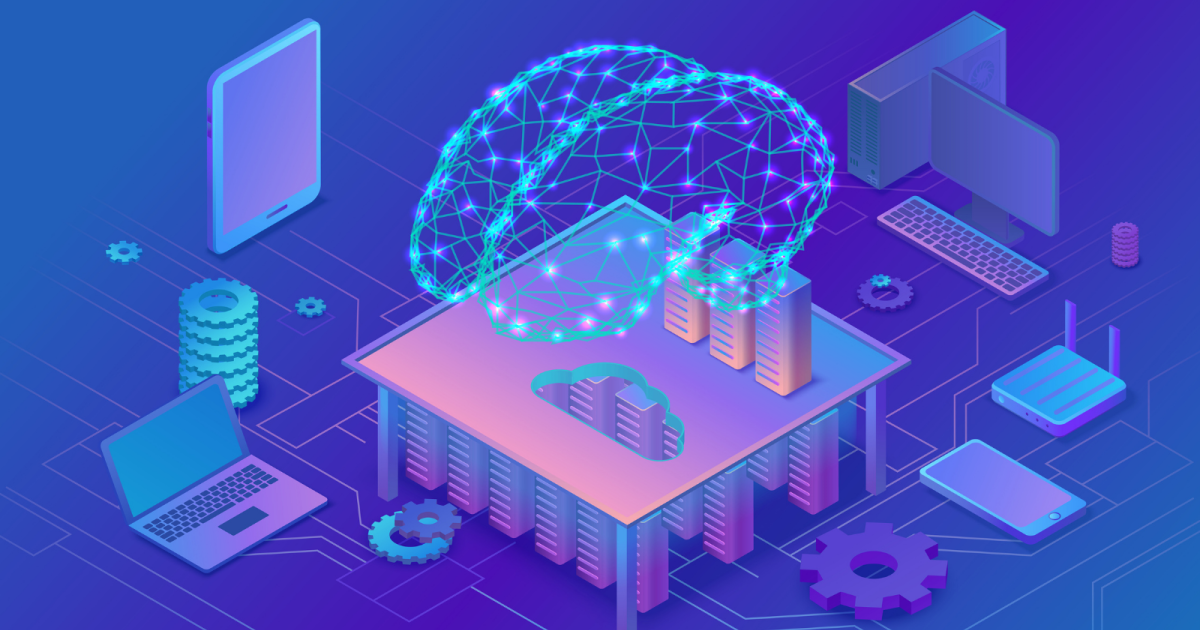Sophos recently released two reports exploring the utilization of AI in cybercrime. The first, “The Dark Side of AI: Large-Scale Scam Campaigns Made Possible by Generative AI,” highlights the potential of AI in enabling large-scale scams. The second, “Cybercriminals Can’t Agree on GPTs,” reveals skepticism among some cybercriminals about using AI for attacks. The research delves into the evolving landscape of cybercrime and defense strategies in the age of AI.
Key Highlights:
- Sophos’ first report warns of AI’s potential in aiding large-scale scams.
- Sophos X-Ops created a fake website using AI tools, demonstrating the ease of launching scams.
- The second report reveals mixed reactions among cybercriminals towards AI, with some showing skepticism.
- Cybercriminals are discussing AI’s potential in social engineering on dark web forums.
- Sophos X-Ops found compromised AI accounts and AI derivatives on the dark web, used for malicious purposes.
- Sophos’ research aims to stay ahead of cybercriminals by understanding and preparing for AI-based threats.

Sophos, a cybersecurity company, released two reports addressing the role of AI in cybercrime. The first report illustrates how scammers might use AI, like ChatGPT, for large-scale frauds. Using GPT-4 and other LLM tools, Sophos X-Ops demonstrated how a fully functioning scam website can be created with minimal effort, posing significant risks for credit card and login credential theft.
Ben Gelman, a senior data scientist at Sophos, emphasized the importance of staying ahead of criminals in technology adoption. He noted that the integration of generative AI in scams is already happening, necessitating proactive measures from cybersecurity experts.
The second report, based on an analysis of dark web forums, revealed that while some cybercriminals are exploring AI’s potential, particularly in social engineering, there’s a general skepticism about its efficacy. Despite the availability of compromised AI accounts and tools for malicious use, the reaction among threat actors is mixed, with concerns about the authenticity of these tools.
Christopher Budd, director of X-Ops research at Sophos, highlighted that the debates among cybercriminals about AI mirror those in wider society. While some are experimenting with AI for creating malware or attack tools, the results and reception have been underwhelming. This skepticism provides a window for cybersecurity experts to develop countermeasures.
The findings from Sophos underscore the dual nature of AI in cybercrime and defense. As AI evolves, it becomes imperative for cybersecurity professionals to understand and adapt to the changing dynamics in cyber threats and defense strategies.





















Add Comment